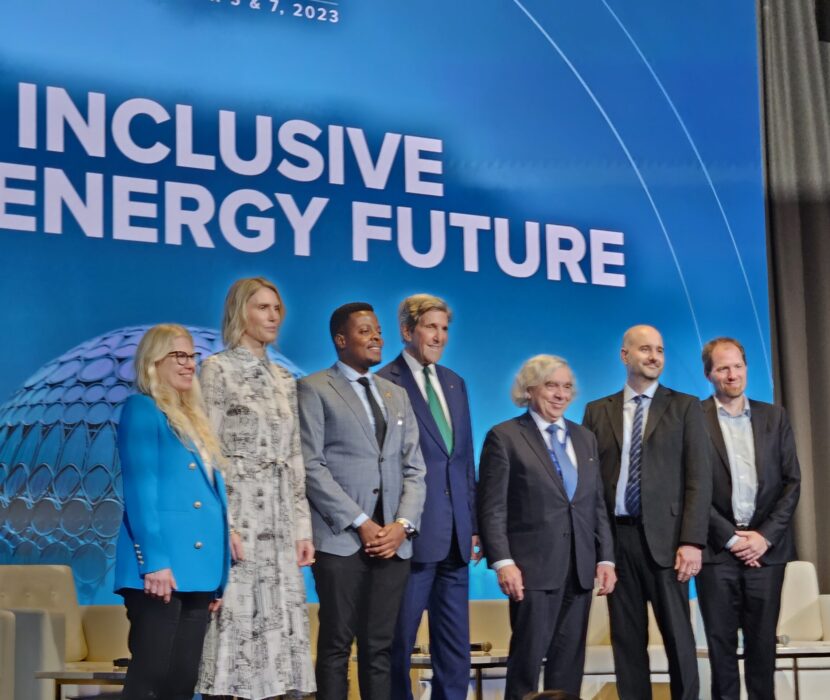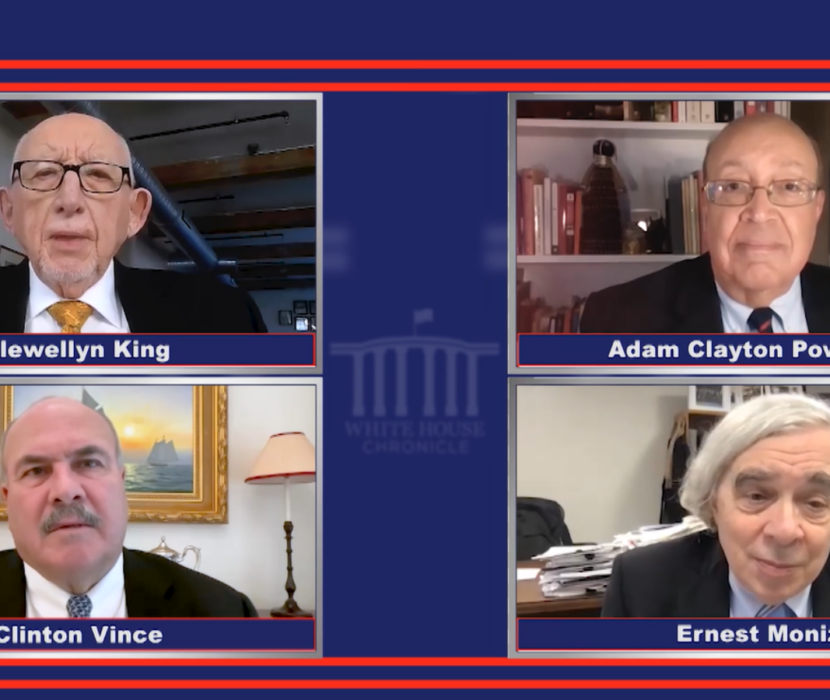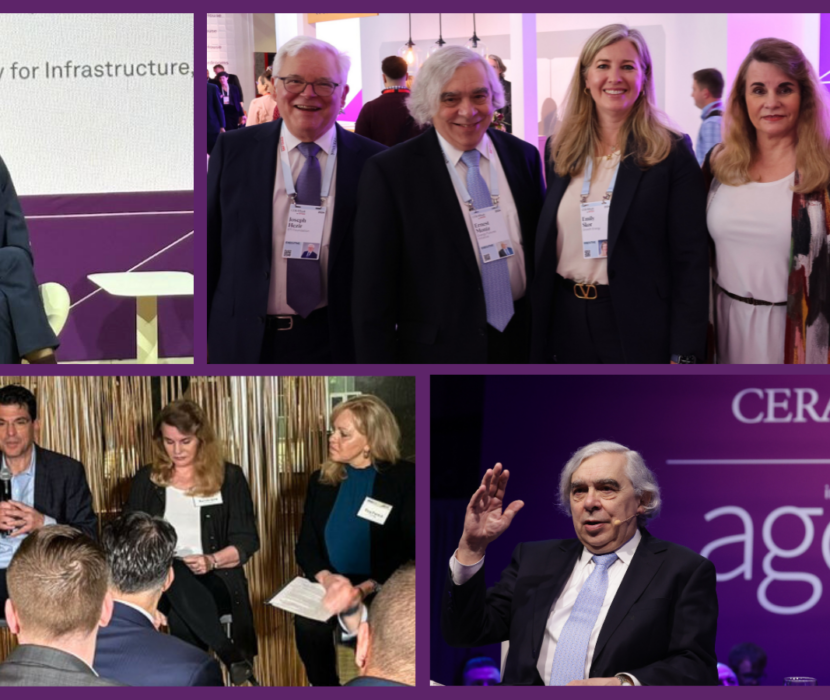(New York) As the world pauses in response to COVID-19, the international effort to address climate change persists. The annual ClimateWeek NYC went virtual this year, hosting over 350 events that took place across New York City and all around the world. EFI Founder and CEO Ernest Moniz contributed to these important discussions as a speaker at the World Climate Foundation’s (WCF) event, Accelerating Local Climate Solutions for International Climate Impact. Joining him were over 15 leaders from business, government, and civil organizations: including Canada’s Ambassador for Climate Change, Patricia Fuller and Jens Nielsen, the CEO of the World Climate Foundation.
During his remarks, Moniz urged ClimateWeek attendees to consider six key characteristics in their climate action plans.
- Coalitions: The possibility of accelerated sustainable change of our massive energy system depends on building broad coalitions. Partnerships across state, sector, and political lines are all essential to producing effective change. This will require pragmatism.
2. Regional Solutions center around social justice: Social equity, much like climate action, is something we must continually work towards and something that will never be accomplished at once. Energy resources and challenges vary by region; one size does not fit all. We need regionally tailored solutions that put social justice at the forefront.
3. All-of-the-above: There are no magical solutions to reach net-zero emissions; true success will be found through comprehensive plans that account for all related issues. We need energy efficiency across all economic sectors, including: advanced renewables, such as offshore wind; advanced small modular reactors and micro nuclear technologies (both fission and fusion); carbon capture, utilization, and sequestration at large scale; hydrogen; associated infrastructure, such as smart grids, EV fast charging, CO2 pipes, hydrogen transport; a buildup of secure supply chains, including for critical minerals and metals; carbon dioxide removal (CDR) from the atmosphere and upper oceans, using natural, technological and hybrid solutions at scale, without which there cannot be a net-negative future.
4. Jobs, jobs, jobs: To dig out of the COVID-19 economic crisis, we need to create millions of good jobs. Over the last five pre-COVID years, energy sector job creation outpaced the economy more than 2 to 1, so a Congressional stimulus, appropriations or other authorities for clean energy will leverage strong job creation. The EFI and AFL-CIO recently established the Labor-Energy Partnership to provide U.S. policymakers with a suite of climate and labor policies to accelerate America’s transition to a low carbon economy. [Read the LEP’s recently released report Energy Transitions here.]
5. Secure Supply Chains: The aftermath of COVID-19 has taught us the importance of strategically incentivized supply chains for jobs and security. Policy support is also important, such as carbon border adjustments supporting clean manufacturing during a transition to conventional carbon emissions pricing.
6. Innovation: Lastly, and arguably the most important, the energy sector needs technological breakthroughs. To meet our ambitious goals, we need a decade of supercharged innovation from research to demonstration. Doubling or tripling public clean energy innovation investment can catalyze the synergistic development of technologies, business models, and jobs needed to reach our aggressive climate and social justice goals.
Moniz concluded his remarks with a strong call to action:
“We need innovation, commitment, and coordinated action to reach our goals. Let’s get to work.”
Watch other ClimateWeek events here.
–Claudia Prandoni
(Share this post with others.)




